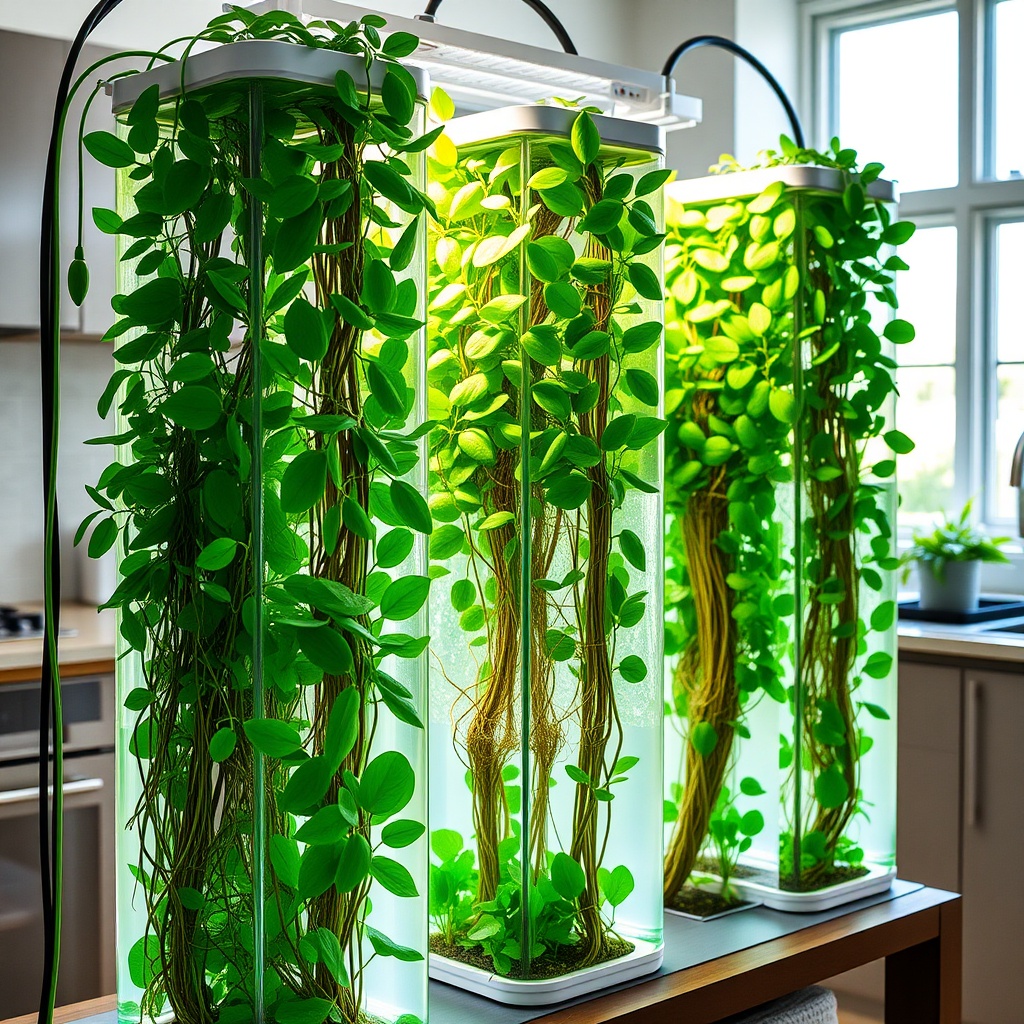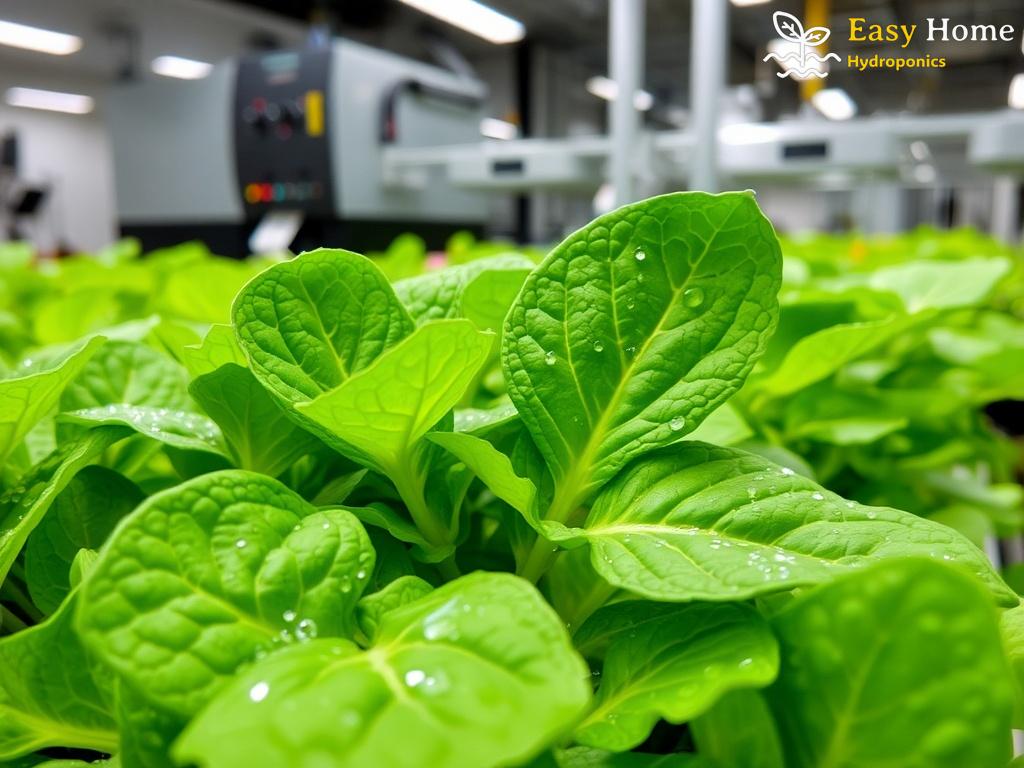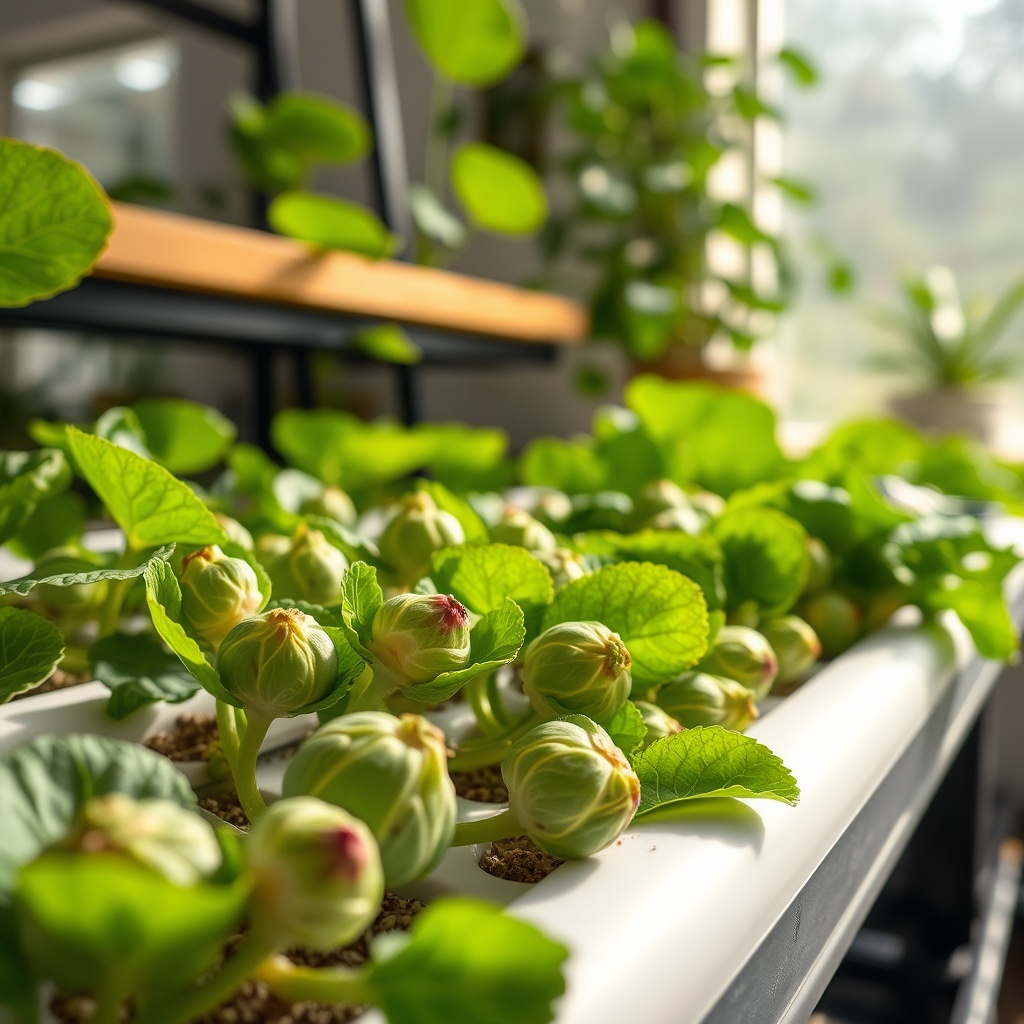Hydroponic eggplant growing is not just a trend; it’s a revolution!
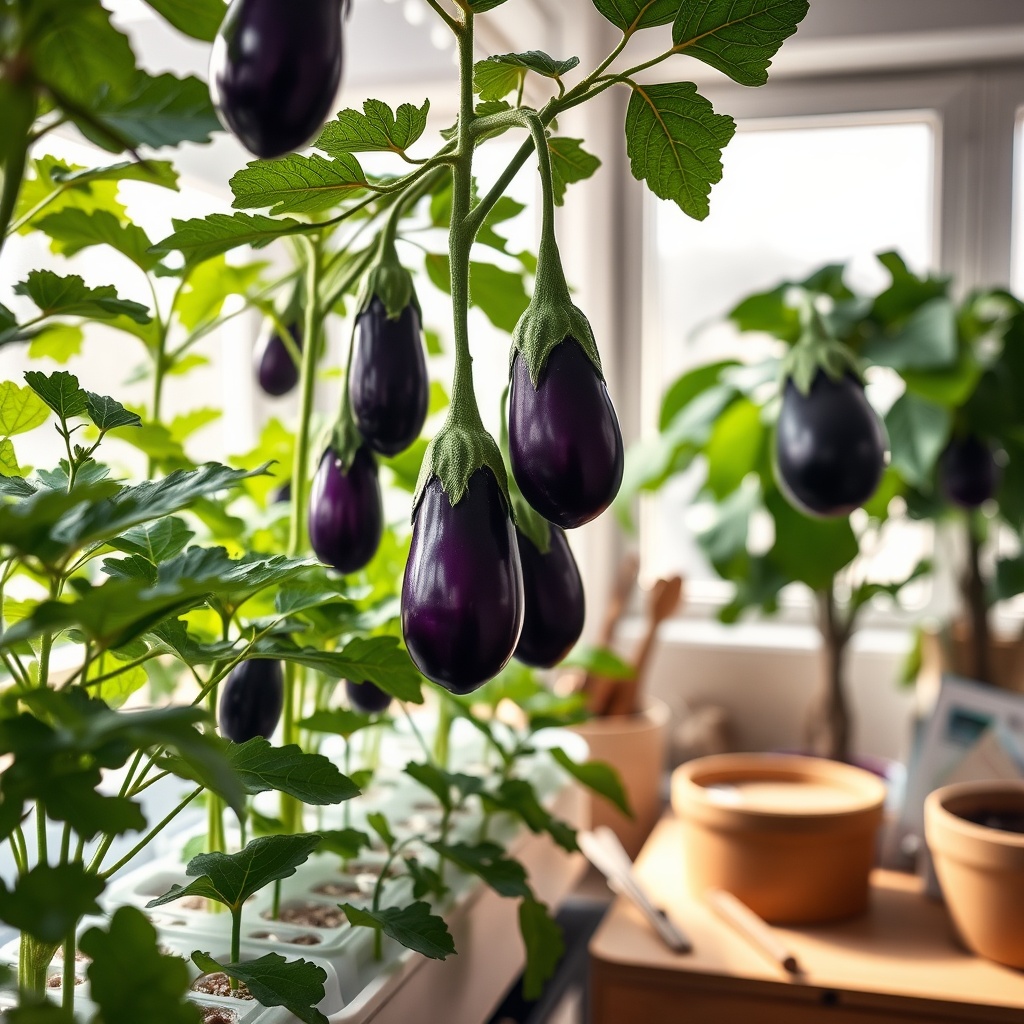
If you’ve ever dreamed of cultivating your own vegetables but are limited by space, climate, or soil quality, hydroponics offers an exciting solution. Particularly, eggplants thrive in this system, providing you with delicious, fresh produce right from your home. In this article, we’ll explore essential tips for successful indoor hydroponic eggplant cultivation that will turn your green thumb into a thriving indoor garden.
Choosing the Right Hydroponic System
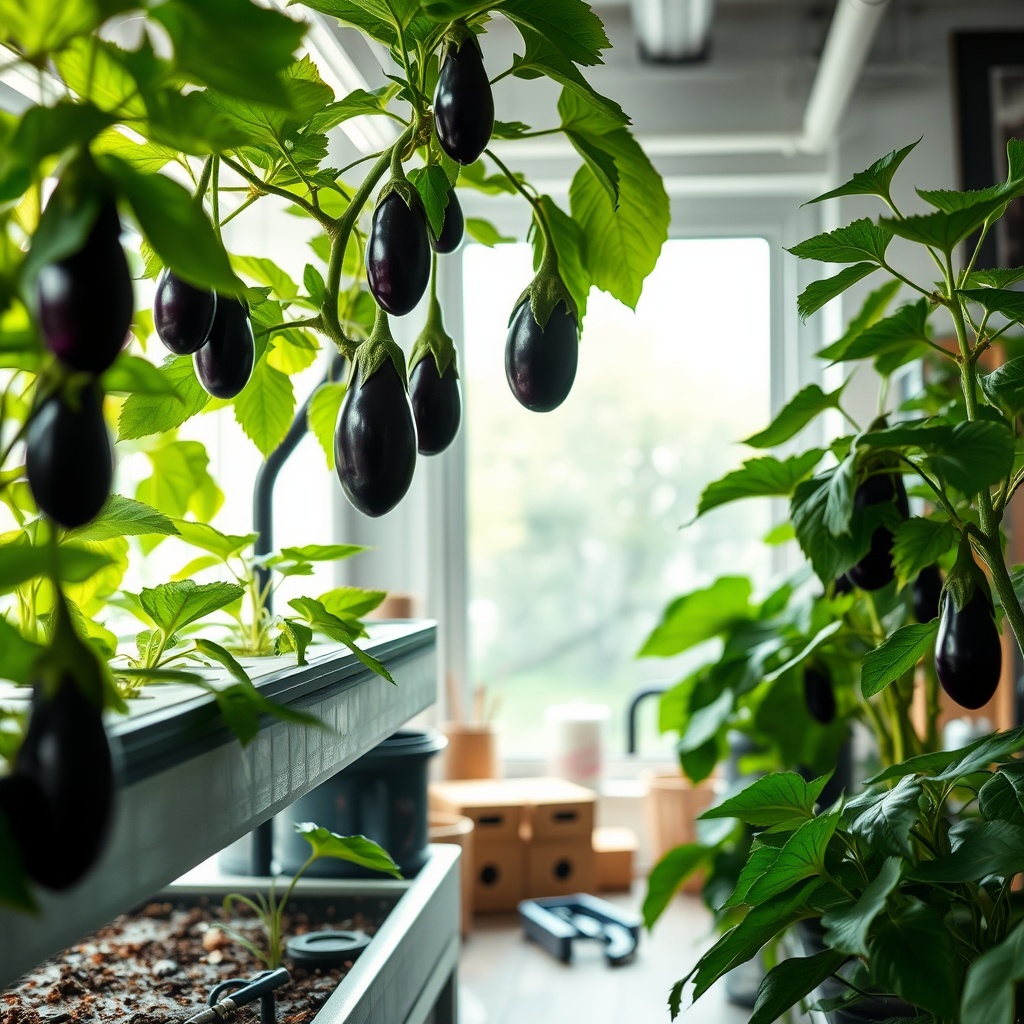
The first step in your hydroponic journey is selecting the right system. Various types exist, each with unique advantages and challenges. Understanding these systems is crucial to ensuring your eggplants flourish.
- Nutrient Film Technique (NFT): A continuous flow of nutrient-rich water is delivered to the plant roots, offering excellent oxygenation.
- Deep Water Culture (DWC): Plants are suspended in a nutrient solution, with air stones providing necessary oxygen.
- Ebb and Flow (Flood and Drain): This system periodically floods the plant roots with nutrient solution and then drains it away, mimicking natural conditions.
Each hydroponic method has its own nuances, so consider your space, budget, and time commitment before making a decision.
Creating the Perfect Environment
Once you’ve selected your hydroponic system, the next step is to create a conducive environment for your eggplants. They thrive in specific conditions that mimic their natural habitat.
- Light: Eggplants require at least 12-16 hours of light per day. Invest in high-quality grow lights to ensure they receive adequate illumination.
- Temperature: Maintain a temperature range of 70-85°F (21-29°C) for optimal growth.
- Humidity: Aim for humidity levels between 40-70% to prevent diseases.
Monitoring these factors closely will help you achieve a thriving indoor garden and a bountiful harvest.


